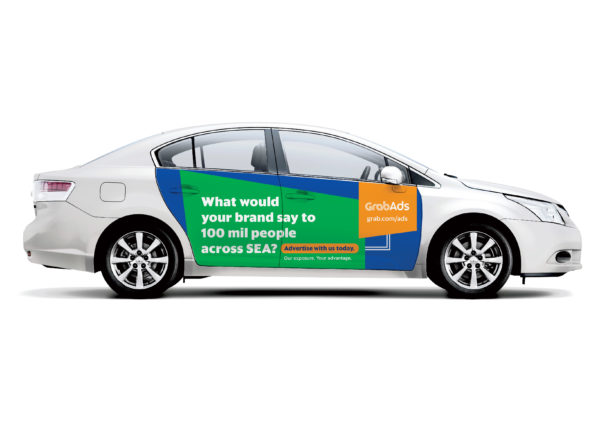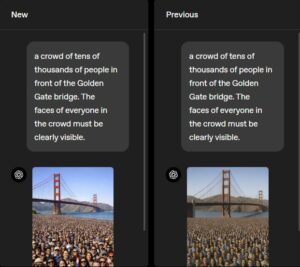
Let’s be clear for a start. The S$13 million fine that the Singapore competition watchdog just handed to Grab and Uber today isn’t a trivial sum.
The question, however, is whether it is enough to prevent more of the anti-competitive behaviour that the two ride-hailing companies have been accused of.
Grab now has 80 per cent of the market after a merger with Uber in March, according to the Competition and Consumer Commission of Singapore today. Since then, effective fares for commuters have risen between 10 and 15 per cent, it adds.
Uber certainly did the sums when it decided to exit the Southeast Asian market in exchange for a 27.5 per cent stake in Grab. It got a nice return on investment and will grow its revenue over the long term, thanks to less competition.
Having come late to the scene, the competition watchdog now has few levers it can pull to prevent the inevitable – the dominance of one company in an important sector.
It had threatened to unwind the merger back in July, but everyone knew that was an ultimatum it could not enforce. No, it wouldn’t have brought back Uber because the American company had already left town.
The response then is to wield a big stick in the form of financial penalties. Whacking the offenders with a multi-million-dollar fine usually does the trick in most scenarios.
But here, it will just be a slap on the wrist. Put into perspective, the amount just reinforces the idea that these platform companies have grown too big to regulate.
Consider the latest round of funding that Grab has got from investors. Last month, it just raised US$2 billion (S$2.73 billion). That makes the fine of S$6.4 million (Uber is separately fined S$6.58 million) look like a drop in the ocean.
Even when compared to other companies hauled up for anti-competitive behaviour, what Grab and Uber got is not the toughest here in Singapore. This is despite the widespread impact they have had on drivers and commuters.
Their combined fine of S$13 million is less than the record S$19.7 million penalty that five electronics parts makers got from the competition watchdog earlier this year.
What may be more interesting are the other measures from the authorities. Preventing Grab from hoarding resources, say, by ordering it to sell some of its cars to potential competitors offering fair value is a good start.
Stopping Grab from forming exclusive deals with drivers and taxi companies is also important. That prevents the company from further exploiting its network effects.
Still, there is no denying the market has moved far beyond what the regulators can seek to change now. They can only retroactively curb the market power of an already dominant player.
Network effects are the name of the game in the platform economy. And Grab is past the competition stage and into market consolidation now.
It will wonder if the competition watchdog has the resources and stamina to keep watching it as it expands. Since the merger, it has grown into a self-proclaimed “super app” that lets users also order food and buy groceries.
Who’s going to regulate a company like this? The Land Transport Authority, which merely said today that it supported the competition commission’s decision?
Amazingly, it’s still working on a review of the regulatory framework for the sector, according to a Channel NewsAsia report. The ship has not only sailed – it has reached the port on the other side of the world.
Regulators are reacting too slowly, unprepared for the dynamic new economy. They will struggle for resources as well, like in the past, when they tried to regulate banks and telecom operators staffed with entire floors of lawyers.
At least then, the impact of these companies was usually confined to a single sector. Not so now.
Needless to say, Grab and Uber today both denied they had engaged in anti-competitive practices. Privately, though, they would be grateful they only got a fine that ultimately won’t disrupt their long-term plans.
After all, it is just a small price to pay in a winner-takes-all platform economy. After ride hailing, there are many more on-demand markets to conquer.






